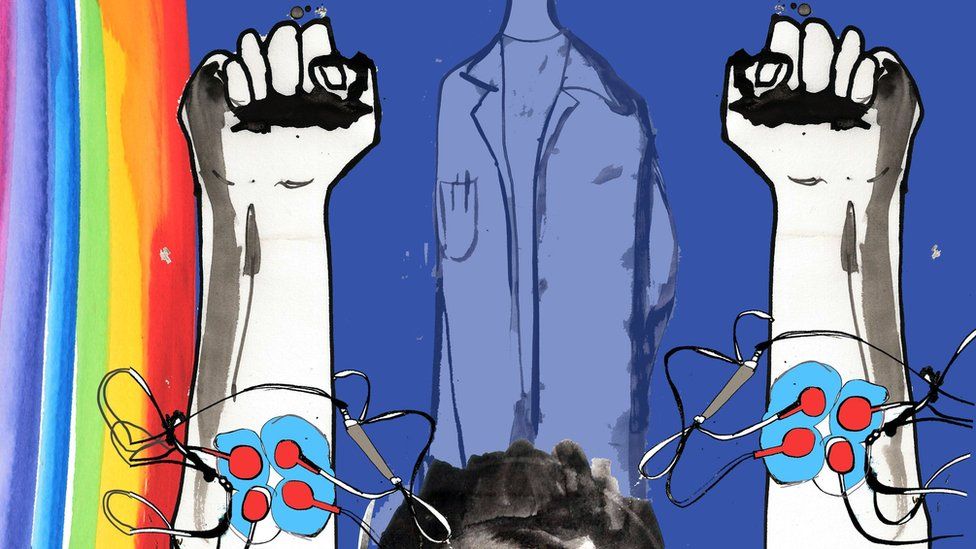


Case: Sharif D Rangnekar v. Union of India and Ors.
The Supreme Court on Friday issued notice in a plea challenging rules that prevent blood donation by gay men, transgender persons and sex workers. A Bench of Chief Justice of India DY Chandrachud and Justices JB Pardiwala and Manoj Misra sought responses to the plea.
On October 11, 2017, the National Blood Transfusion Council (NBTC) and the National Aids Control Organization (NACO) under the Union Ministry of Health and Family Welfare issued Guidelines on Blood Donor Selection and Blood Donor Referral. These guidelines impose a permanent ban on blood donations from transgender individuals, female sex workers, and men who have sex with men.
A plea filed by Advocate Ibad Mushtaq challenges this ban, arguing that it violates the rights to equality, dignity, and life as protected under Articles 14, 15, 17, and 21 of the Indian Constitution. The plea contends that the guidelines are rooted in outdated and prejudicial views of gay men from the 1980s in the United States. It notes that many countries, including the USA, the United Kingdom, Israel, and Canada, have since revised their positions on this issue.
From a scientific standpoint, the plea asserts that the blanket restriction is based on the erroneous assumption that certain groups are inherently more likely to have sexually transmitted diseases (STDs). It emphasizes advancements in haematology that enable thorough screening of blood donors before transfusion, arguing that a blanket prohibition based on discriminatory views is unjustifiable in light of these medical advancements.
TAGS: Blood Donation Pride Gay Sex Worker Equality Plea Supreme Court Statement